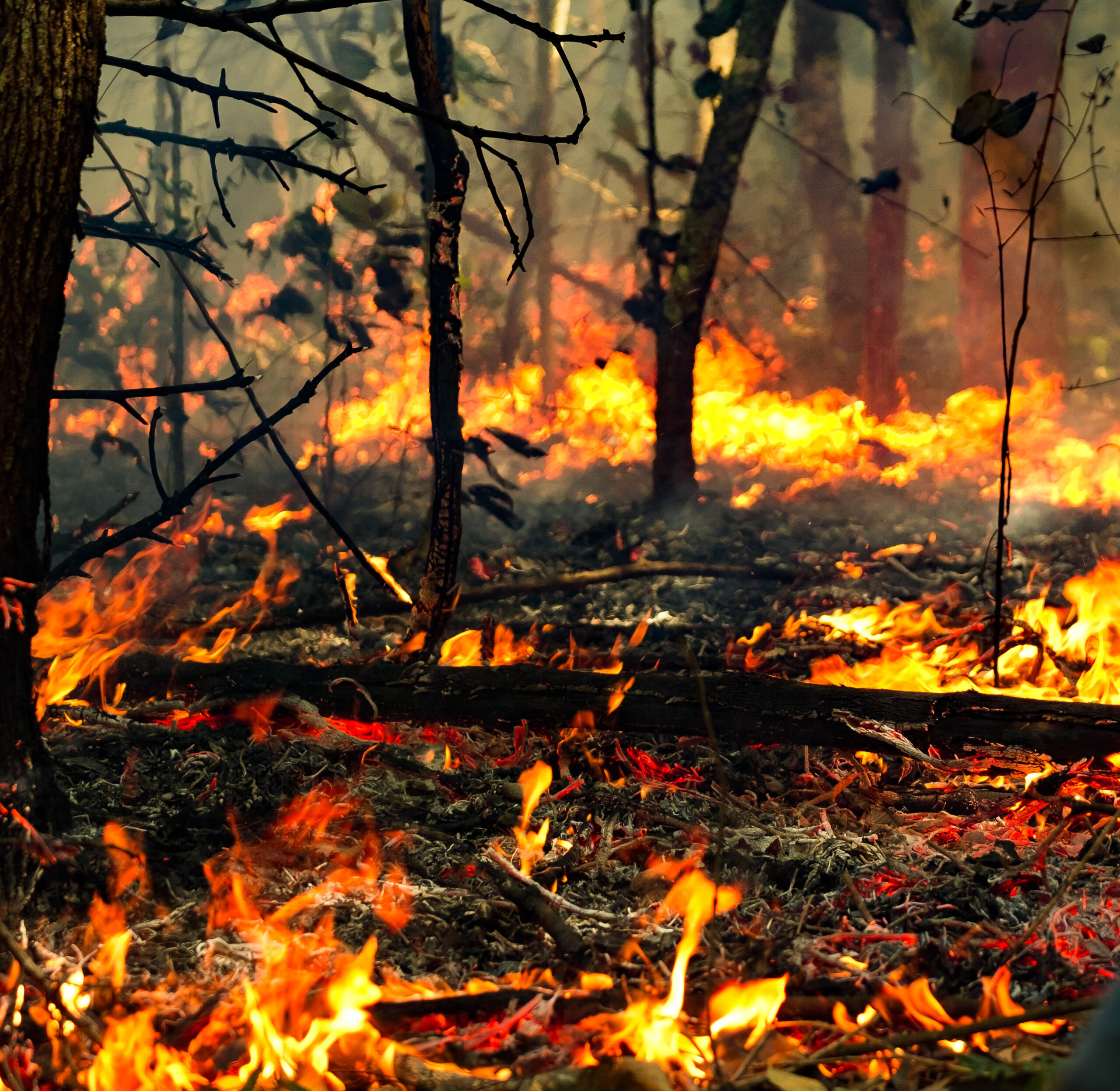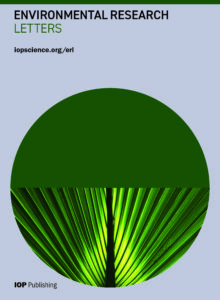ERL特刊精选|气候变化、人类和火灾对陆地生态系统的影响

特刊详情
客座编辑
- Sander Veraverbeke,荷兰阿姆斯特丹自由大学
- Matthias Boer,澳大利亚西悉尼大学
- Paulo Brando,美国耶鲁大学
- Adrianna Foster,美国国家大气研究中心
- Scott Goetz,美国北亚利桑那大学
主题范围
特刊文章
Strong winds drive grassland fires in China
Zhou Wang et al 2023 Environ. Res. Lett. 18 015005
Wildfire burn severity and emissions inventory: an example implementation over California
Qingqing Xu et al 2022 Environ. Res. Lett. 17 085008
Evelien de Hoop et al 2022 Environ. Res. Lett.17 095011
Simulating burn severity maps at 30 meters in two forested regions in California
Jonathan A Sam et al 2022 Environ. Res. Lett. 17 105004
Qingqing Xu et al 2022 Environ. Res. Lett. 17 115001
Tiago Ermitão et al 2022 Environ. Res. Lett. 17 095009
The costs and benefits of fire management for carbon mitigation in Alaska through 2100
Molly Elder et al 2022 Environ. Res. Lett. 17 105001
Ronnie Abolafia-Rosenzweig et al 2022 Environ. Res. Lett. 17 054030
Global environmental controls on wildfire burnt area, size, and intensity
Olivia Haas et al 2022 Environ. Res. Lett. 17 065004
S S Rabin et al 2022 Environ. Res. Lett. 17 055010
Western Canada’s new wildfire reality needs a new approach to fire management
Kira M Hoffman et al 2022 Environ. Res. Lett. 17 061001
Thomas D Hessilt et al 2022 Environ. Res. Lett. 17 054008
Future climate change impact on wildfire danger over the Mediterranean: the case of Greece
Anastasios Rovithakis et al 2022 Environ. Res. Lett. 17 045022
Climate drivers of global wildfire burned area
Manolis Grillakis et al 2022 Environ. Res. Lett. 17 045021
Spatial patterns and drivers for wildfire ignitions in California
Bin Chen and Yufang Jin 2022 Environ. Res. Lett. 17 055004
Climate-induced fire regime amplification in Alberta, Canada
Ellen Whitman et al 2022 Environ. Res. Lett. 17 055003
Intensification of fire regimes and forest loss in the Território Indígena do Xingu
Divino V Silvério et al 2022 Environ. Res. Lett. 17 045012
Virginia Iglesias et al 2022 Environ. Res. Lett. 17 045014
Elena Yu Novenko et al 2022 Environ. Res. Lett. 17 025004
Overwintering fires rising in eastern Siberia
Wenxuan Xu et al 2022 Environ. Res. Lett. 17 045005
Siberian taiga and tundra fire regimes from 2001–2020
Anna C Talucci et al 2022 Environ. Res. Lett. 17 025001
Renata Libonati et al 2022 Environ. Res. Lett. 17 015005
Spatio-temporal variation in dry season determines the Amazonian fire calendar
Nathália S Carvalho et al 2021 Environ. Res. Lett. 16 125009
Understanding and modelling wildfire regimes: an ecological perspective
Sandy P Harrison et al 2021 Environ. Res. Lett. 16 125008
Spring fires in Russia: results from participatory burned area mapping with Sentinel-2 imagery
Igor Glushkov et al 2021 Environ. Res. Lett. 16 125005
期刊介绍

- 2022年影响因子:6.7 Citescore: 10.1
- Environmental Research Letters(ERL)以金色开放获取模式出版,作者可选择将原始数据作为补充资料与文章一起发表。所有研究人员可以免费获取这些研究成果。ERL汇聚了关注环境变化及其应对的研究团体和政策制定团体的意见,涵盖了环境科学的所有方面,出版研究快报、综述文章、观点和社论。ERL顺应了环境科学的跨学科发表的趋势,反映了该领域相关的方法、工具和评估战略,得到了来自不同领域的广泛贡献。
